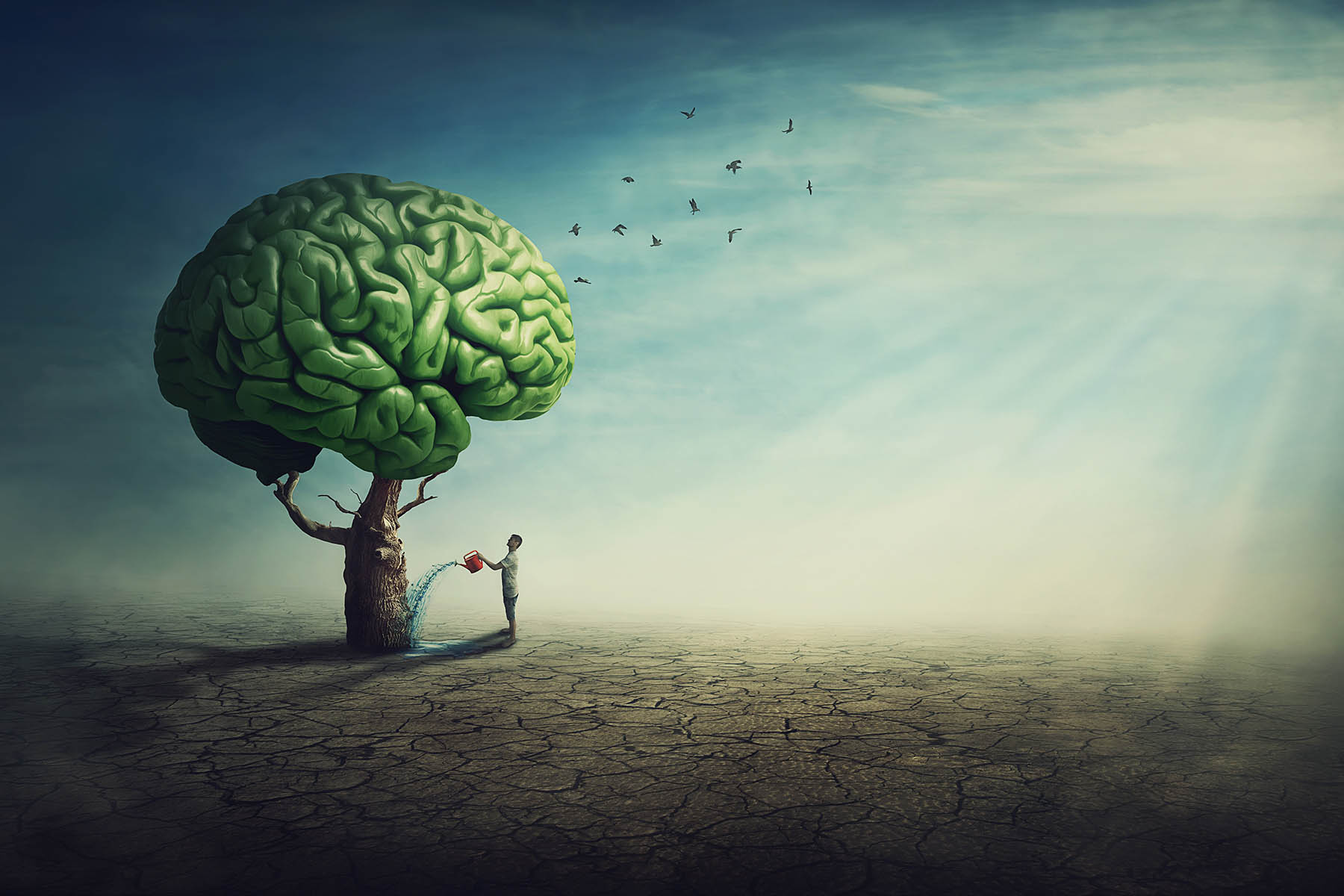The Complex Relationship Between Cannabis and the Brain
Cannabis interacts with our brain through a complex system known as the endocannabinoid system. This system comprises receptors that are instrumental in mood regulation, stress responses, and several other critical functions. When cannabis, specifically the compounds THC and CBD, bind to these receptors, they can influence our mood, perceptions, and overall mental state. While many users report feelings of relaxation and euphoria, others might experience anxiety or paranoia. This dual-natured response underscores the need for thorough research to understand better the multifaceted relationship between cannabis and the brain.
Therapeutic Potential: Anxiety and PTSD
Recent studies have shed light on the potential benefits of cannabis for conditions like anxiety and post-traumatic stress disorder (PTSD). CBD, one of the main cannabinoids in the plant, has been particularly highlighted for its anxiolytic properties. Several users report a significant reduction in anxiety levels after consuming CBD-rich strains or products. In the context of PTSD, early research suggests that cannabis might help by alleviating recurring traumatic memories and promoting better sleep patterns. However, it’s essential to approach these findings with caution and recognize the need for more comprehensive studies.
The Double-Edged Sword: Depression
Depression, a debilitating condition affecting millions worldwide, has a complex relationship with cannabis. Some research and anecdotal evidence suggest that certain strains or compounds in cannabis might uplift mood and act as a potential antidepressant. Conversely, other studies and personal accounts indicate that prolonged or excessive cannabis use might worsen depressive symptoms or even contribute to the onset of the condition in certain individuals. This dichotomy makes it imperative for potential users to be well-informed and approach cannabis use judiciously.
Schizophrenia and Psychosis: A Cautionary Tale
The relationship between high-THC cannabis and psychosis, particularly schizophrenia, has been a focal point of numerous studies. Preliminary findings suggest that excessive consumption of THC-rich strains might elevate the risk of developing schizophrenia or intensify its symptoms. Especially in individuals with a genetic predisposition to the condition, the risk seems accentuated. This potential link underscores the importance of moderation and awareness, especially for those with a family history of psychotic disorders.
Cognitive Impacts and Memory
Over the years, concerns about cannabis affecting cognitive functions and memory have been voiced by researchers and users alike. Several studies have honed in on the potential adverse impacts of chronic cannabis consumption, particularly during the critical adolescent years. These studies indicate that consistent use during one’s teens might lead to issues with attention span, memory retention, and learning capabilities. However, it’s also worth noting that many of these effects might be reversible with prolonged abstinence.
Potential for Dependency and Addiction
Cannabis, like any substance, carries a potential risk of dependency. While it is often considered less addictive than substances like alcohol or nicotine, a subset of users might develop “cannabis use disorder.” This disorder is characterized by a heightened tolerance to the substance, intense cravings, and potential withdrawal symptoms such as irritability, mood swings, and sleep disturbances. Recognizing these signs and seeking timely intervention can mitigate the long-term impacts.
Individual Differences: Genetics and Brain Chemistry
The effects of cannabis can vary dramatically from one individual to another. This variation can be attributed to factors like genetics, pre-existing mental health conditions, and unique brain chemistry. Some individuals might find cannabis to be incredibly therapeutic, while others might experience adverse reactions. This variability underscores the importance of personalized guidance and self-awareness when using cannabis, particularly for therapeutic purposes.
CBD vs. THC: A Diverging Impact
CBD and THC, the two primary cannabinoids in cannabis, exert different effects on the brain. THC is responsible for the characteristic “high” associated with marijuana, which can induce feelings of euphoria, altered sensory perception, and in some cases, anxiety or paranoia. In contrast, CBD lacks the psychoactive properties of THC. Instead, it’s often lauded for its potential anti-inflammatory, anti-anxiety, and neuroprotective properties. As research advances, the distinction between these two compounds and their individual benefits becomes increasingly clear.
The Role of Dosage and Strain
Dosage and strain selection play pivotal roles in determining how cannabis affects an individual’s mental health. Low to moderate doses might provide therapeutic benefits for many, while excessive consumption can potentially lead to adverse outcomes. Additionally, the specific strain, which determines the ratio of THC to CBD and the presence of other cannabinoids and terpenes, can also influence the experience. As the cannabis industry grows and cultivators produce more specialized strains, users will have a broader array of options to tailor their experience.
Two Sides of the Same Leaf
Cannabis, with its myriad of compounds and effects, presents both opportunities and challenges in the realm of mental health. Its therapeutic potential is undeniable, but so are the risks associated with misuse or uninformed consumption. As we continue to unlock its mysteries, it’s paramount for users to remain informed, practice moderation, and seek expert guidance when considering cannabis for mental well-being.






